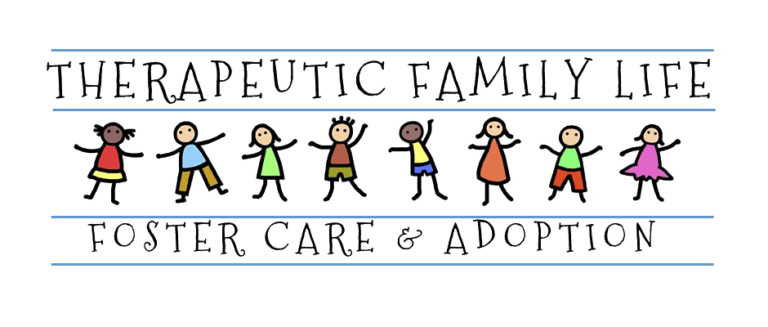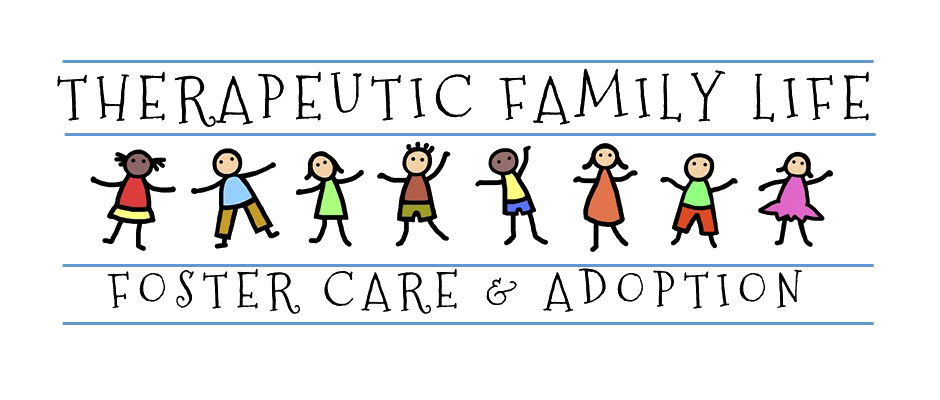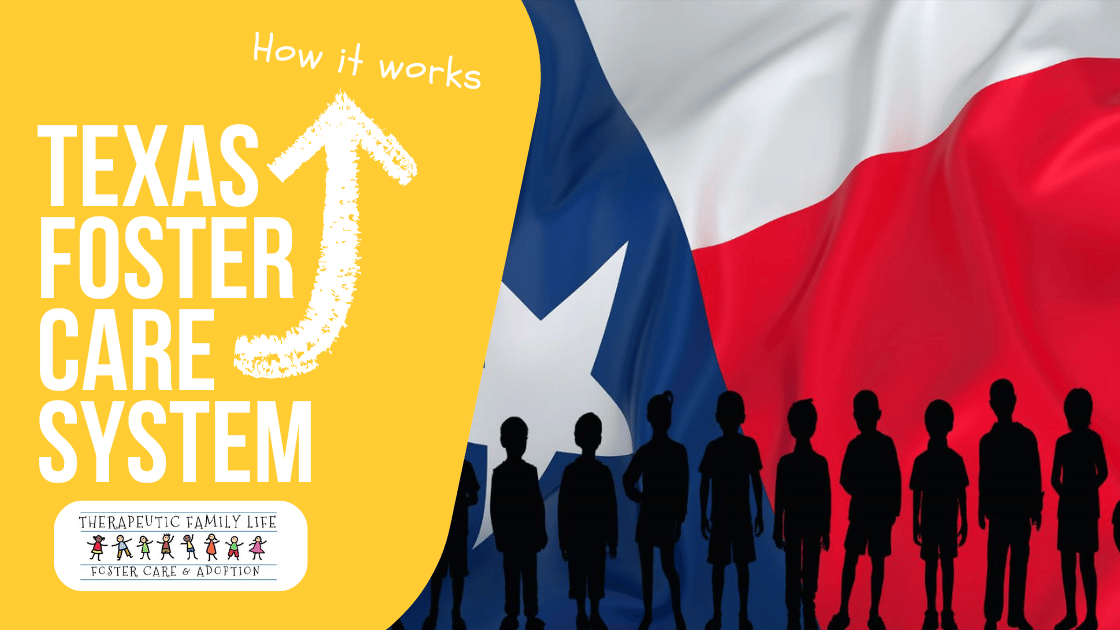Prospective foster parents undergo a rigorous assessment process to determine if they meet the qualifications to provide a safe, stable home environment for children in need. Background checks, home studies, interviews, and training classes all aim to evaluate if applicants possess the physical, mental, emotional, and financial capabilities to be successful caregivers.
While many caring individuals pursue fostering, hoping to make a difference for vulnerable youth, not everyone who applies will ultimately become approved. Various factors may disqualify candidates from being eligible to foster. Understanding the most common assessment criteria that can prevent approval may help interested individuals determine if fostering is the right fit for their families and avoid investing significant time into a pursuit that will not lead to certification.
Physical and Mental Health Requirements

A key part of the qualification process for prospective foster parents is an assessment of their physical and mental health. This is essential for determining if they have the capacity and stamina needed to provide adequate care for foster children.
Fostering can be physically and emotionally demanding, so it’s crucial that applicants are in good health. Children who enter foster care often have trauma backgrounds and need special support. As such, foster parents must be fully equipped to handle the unique challenges of fostering.
During the application process, applicants typically undergo medical evaluations to screen for any health concerns that could impair their ability to foster. Certain physical conditions may disqualify candidates if they inhibit mobility or self-care. Serious medical issues like heart disease, cancer, or respiratory conditions could also lead to disqualification if the conditions are not well-managed.
Mental health is evaluated to identify any psychological issues or instability that could put children at risk. A history of substance abuse, mental illness, domestic violence, and anger issues could disqualify candidates if their conditions are ongoing and untreated. Overall stability and the capacity to cope with stress are key.
By screening for physical and mental health, agencies ensure foster parents have the strength and soundness of mind needed to provide quality care. While minor conditions may not lead to disqualification, serious untreated health issues often preclude candidates from fostering. Ultimately, the priority is ensuring a healthy, supportive environment for vulnerable children.
Criminal History Disqualifications

Prospective foster parents must pass a thorough background check as part of the assessment process. Any history of criminal convictions, especially violent crimes or offenses against children, will likely disqualify candidates from becoming foster parents. Child safety is the top priority when placing foster children, so individuals with concerning criminal records are considered too high risk to care for vulnerable minors.
Even crimes committed long ago, or charges that did not result in a conviction can potentially disqualify foster parent hopefuls. In addition to the background check, applicants are required to disclose any criminal history during the evaluation process; withholding information about arrests or charges is grounds for disqualification.
While a minor offense committed years ago does not necessarily prohibit someone from fostering altogether, it can lengthen the assessment process and require extra oversight. A clean background check is essential for quickly qualifying to welcome a foster child into your home.
Financial Stability and Housing Requirements

A critical component of the foster parent assessment process is evaluating the financial stability and housing conditions of prospective parents. Child welfare agencies aim to ensure children will be placed in a financially secure and physically safe home environment if fostered.
Financial instability is one of the top reasons prospective foster parents may be disqualified. Raising children is expensive, and agencies need to confirm foster parents have adequate income and resources to provide for a child’s basic needs. Background checks will verify employment status and income sources. While specific financial requirements vary by state, applicants generally must demonstrate steady employment and income, lack of excessive debt, and the ability to cover housing expenses.
Housing is also closely evaluated. Home visits will assess if the dwelling meets basic safety and space requirements. Foster children require their own bed and room, so crowded or hazardous housing can disqualify applicants. The home should be clean, structurally sound, and have working utilities. Restrictions sometimes apply to specific housing types as well. For example, some states prohibit using RVs or tents as foster housing. Ultimately, these financial and housing assessments aim to ensure a safe, stable environment for foster youth.
Openness and Honesty

Transparency is paramount in the evaluation process for prospective foster parents. You must provide truthful information about all aspects of your background, health, finances, home environment, relationships, and any other relevant details. Being forthright allows the agency to fully assess your suitability and qualifications.
Withholding or falsifying information is grounds for immediate disqualification. Agencies need complete openness to determine if you meet the requirements to provide a safe, stable home for a foster child. Even if you believe certain information could reflect poorly on you, it’s imperative to disclose everything. Minor issues are usually not automatic disqualifiers if properly disclosed.
Trying to cover up or minimize past problems suggests poor judgment and lack of integrity. It raises serious doubts about your trustworthiness as a foster parent, as the priority is protecting vulnerable children. Complete honesty is essential even after initial approval, as circumstances change. Always keep your agency informed to avoid risking your status as a foster parent.
Training Requirements

Prospective foster parents are required to complete anywhere from 27 to 30+ hours of pre-service training as part of the approval process. This training covers topics like child development, managing difficult behaviors, caring for children who have experienced trauma, and working with birth families. Failing to complete the required training hours is one of the most common reasons applicants can be denied as foster parents.
Most states require foster parents to complete a certain number of training hours per year even after they are licensed. This ongoing training allows foster parents to expand their skills and knowledge. Failure to complete regular training requirements can result in foster parents having their license revoked. Foster parents should thoroughly understand their state’s expectations for initial and ongoing training hours to avoid the possibility of disqualification.
Some individuals believe they can avoid training mandates due to prior professional experience or education. However, the training curriculum is specifically tailored to the unique role and responsibilities of foster parenting. Very few exceptions are made, even for applicants with backgrounds as teachers, social workers, or counselors. The training provides critical information applicants will need to properly care for children in the foster care system. Attempting to bypass training could derail the application process.
State-Specific Disqualification Factors

The eligibility criteria to become a foster parent can vary significantly depending on the state you live in. While some disqualifying factors are consistent across most states, like certain criminal convictions, other factors are determined on a state-by-state basis.
For example, California prohibits individuals convicted of child abuse, domestic violence, or certain drug offenses from becoming foster parents. Applicants in California must also have sufficient income to provide for a child’s basic needs. On the other hand, in Michigan, applicants are disqualified if they have been convicted of a felony in the last 10 years or have ever been convicted of criminal sexual conduct or child abuse. Michigan also requires that foster homes have working smoke detectors, specify how many children can share bedrooms, and prohibit room sharing between children of the opposite sex over the age of 5.
These examples illustrate how foster care regulations can vary significantly based on the state and its specific priorities and needs. Checking with a local foster care agency is the best way to understand all the eligibility criteria you must meet in your specific location to avoid delays or disqualification during the application process.
Foster Parent Disqualifications Takeaway
Becoming a foster parent is a big commitment that requires meeting strict criteria. Throughout the fostering assessment process, candidates are evaluated on factors related to their physical and mental health, criminal history, financial stability, openness and honesty, completion of required training, and compliance with any state-specific requirements.
Foster parents are also expected to be transparent throughout the evaluation process. Providing false information on the application is grounds for disqualification. While state-specific factors add further nuance, being aware of these key disqualifying factors can help interested candidates better navigate the fostering assessment process. With an understanding of the eligibility criteria, individuals can determine if they are qualified to meet the unique needs of children in foster care.
FAQ’s
What disqualifies you from being a foster parent in Texas?
In Texas, potential disqualifications for becoming a foster parent include a criminal history involving violent or recent convictions, inadequate housing that does not meet safety and space requirements, financial instability that could hinder the ability to provide for foster children, a substantiated history of child abuse or neglect, and medical illnesses or diseases that may interfere with effectively caring for foster children.
What are foster parents not allowed to do?
Foster parents are not allowed to share foster children’s names or photos on social media, leave them with unapproved babysitters, use physical punishment for discipline, alter their appearance without consent, or violate their confidentiality.
Can you be a foster parent with a felony?
In many states, having a felony conviction can disqualify a person from becoming a licensed foster parent. Felony convictions for certain offenses can be a barrier to fostering or adopting a child. However, there are also instances where individuals with felony convictions may still be considered for fostering or adoption, depending on the nature of the offense and state laws.
Leon Joseph Smith is the founder and CEO of Therapeutic Family Life, a child-placing and adoption agency with 30 years of experience. With licenses and certificates including LPC, LMFT, LCDC, BCIA, CCDS, and SOTP, Leon brings a wealth of expertise to his role. He has a strong background in counseling, having served children and adolescents with severe emotional and mental disabilities. Leon's focus has always been on providing a "win-win" situation for everyone involved, ensuring the emotional stability of foster children, the expertise of caregivers, and compliance with state regulations. His compassionate approach has been the cornerstone of Therapeutic Family Life's success.About This Author

Leon Smith





